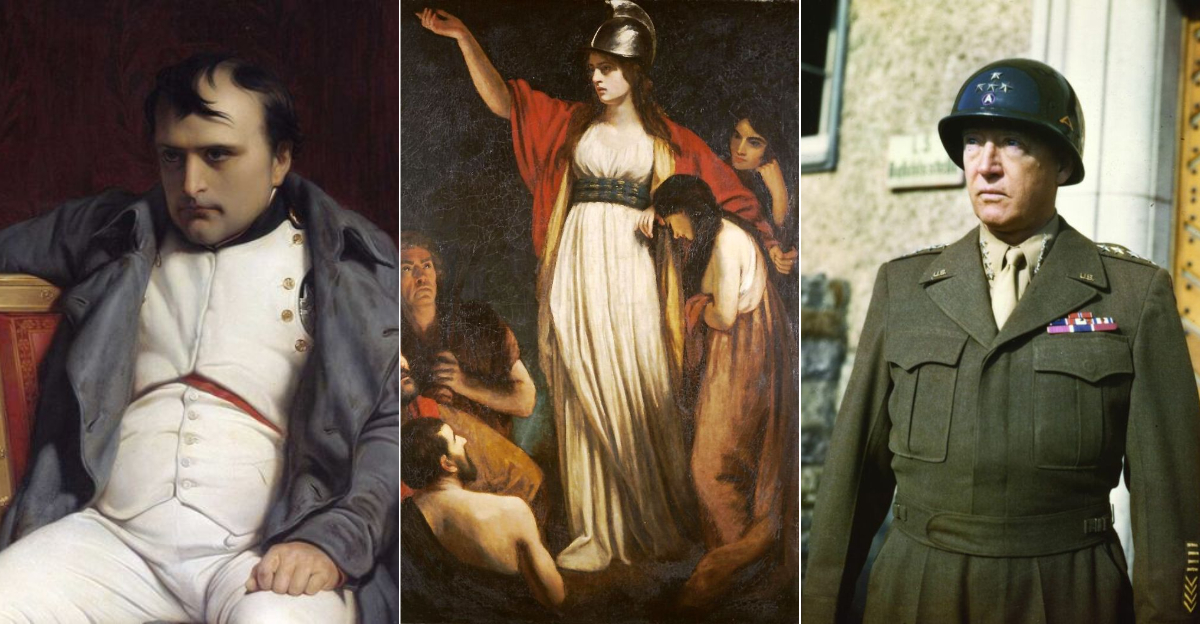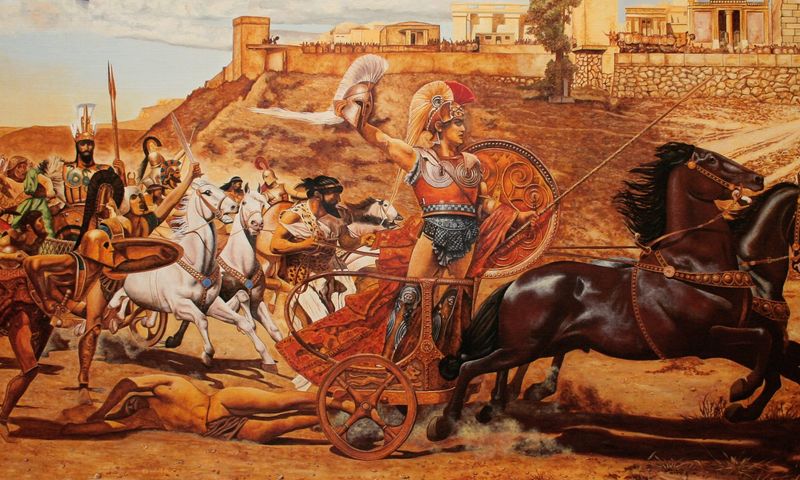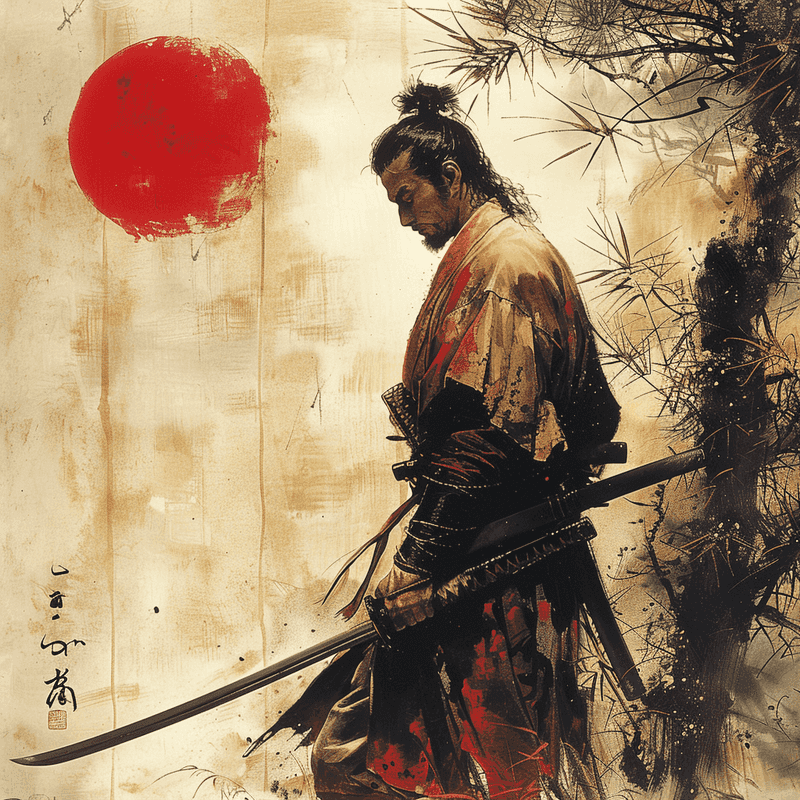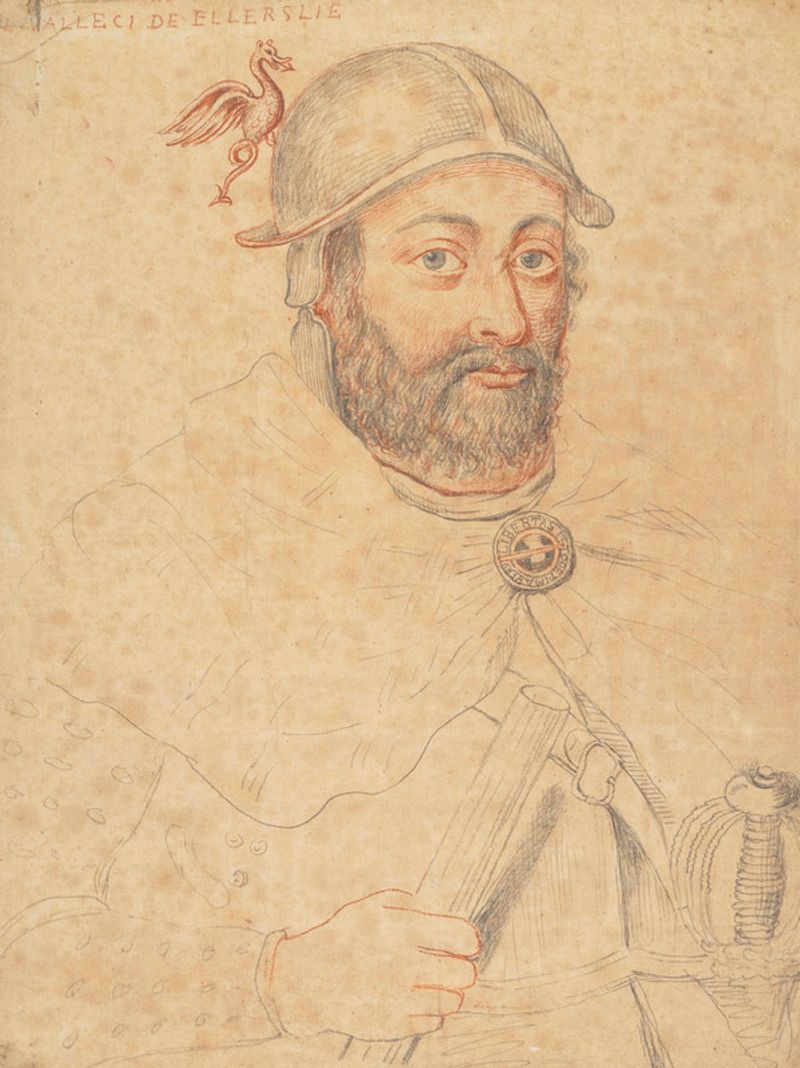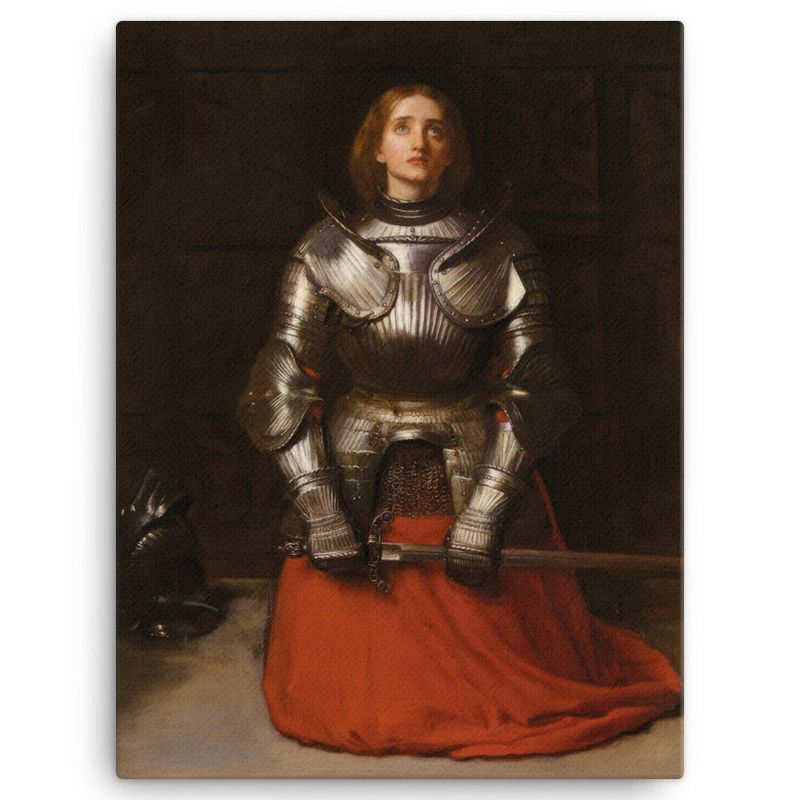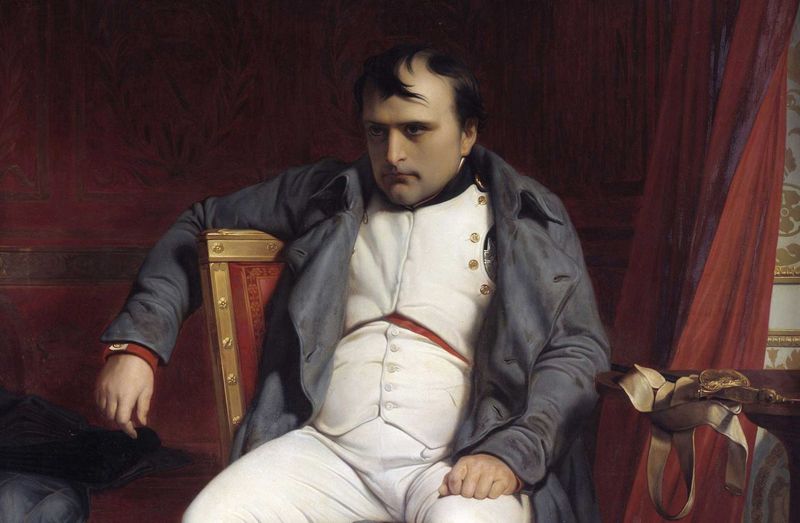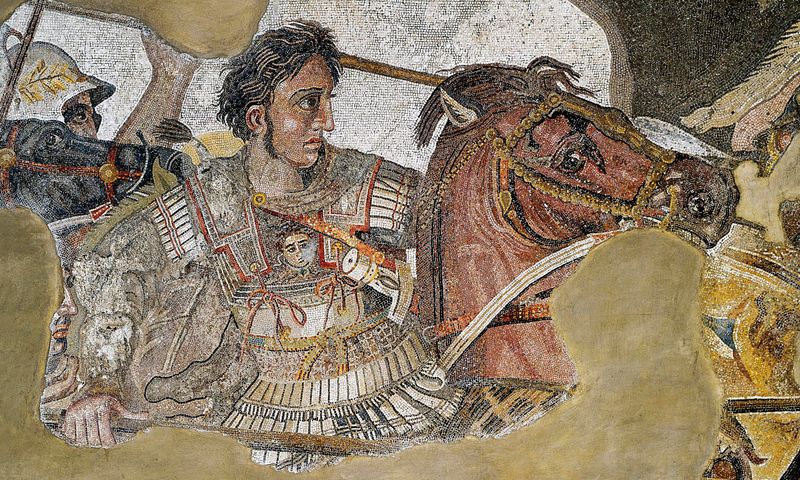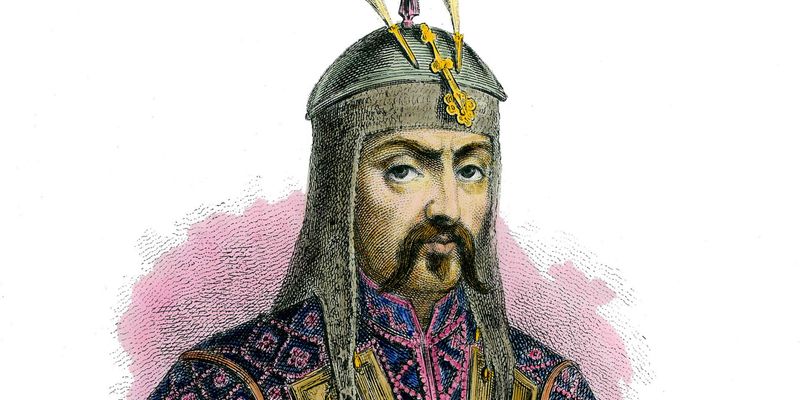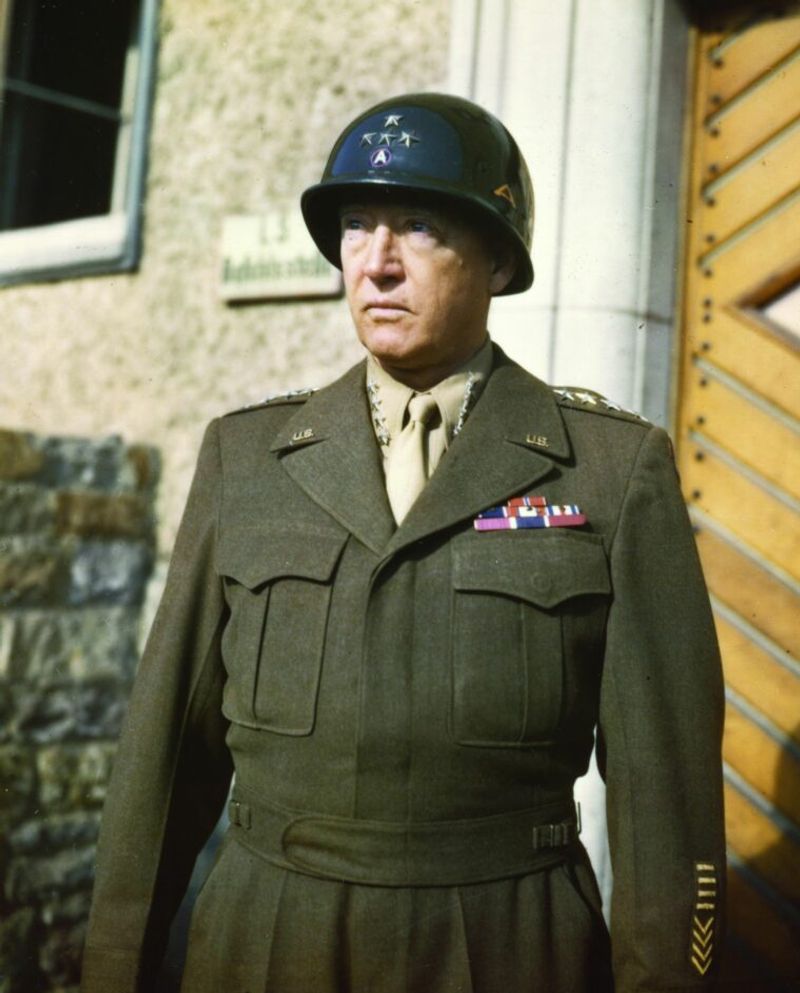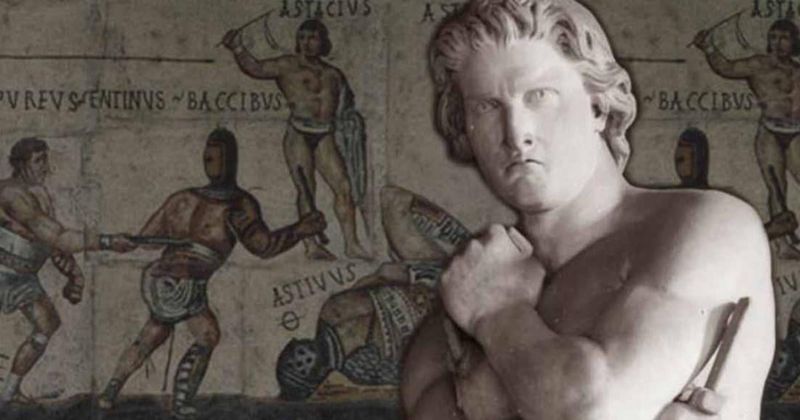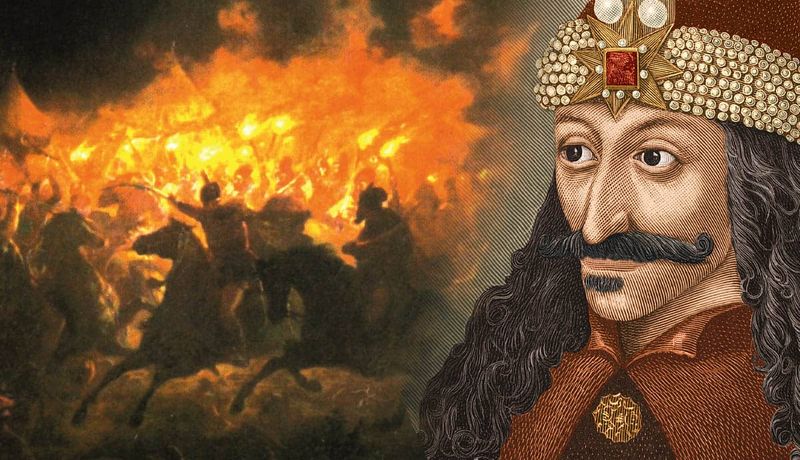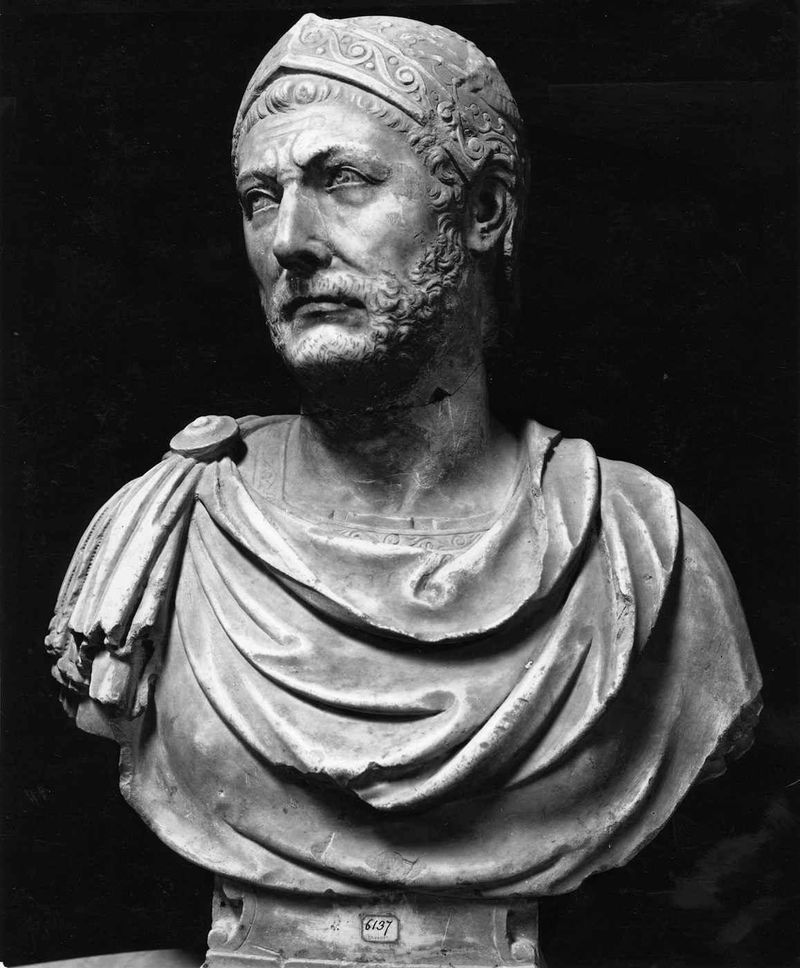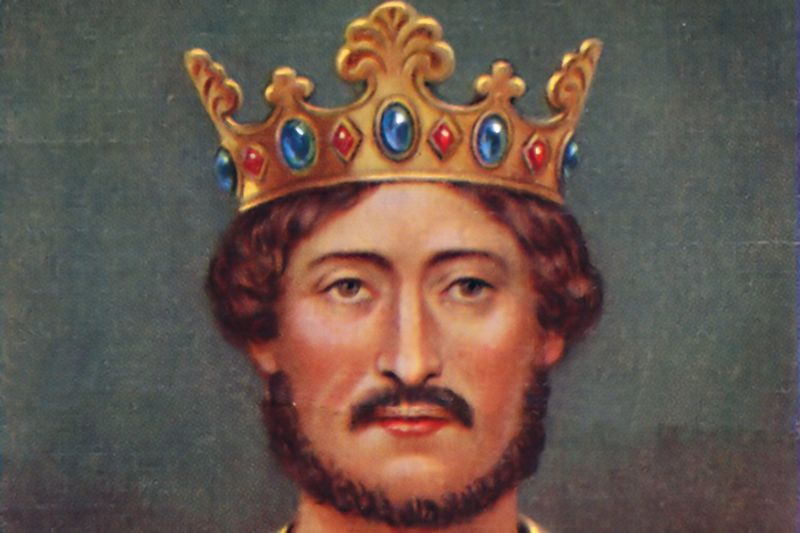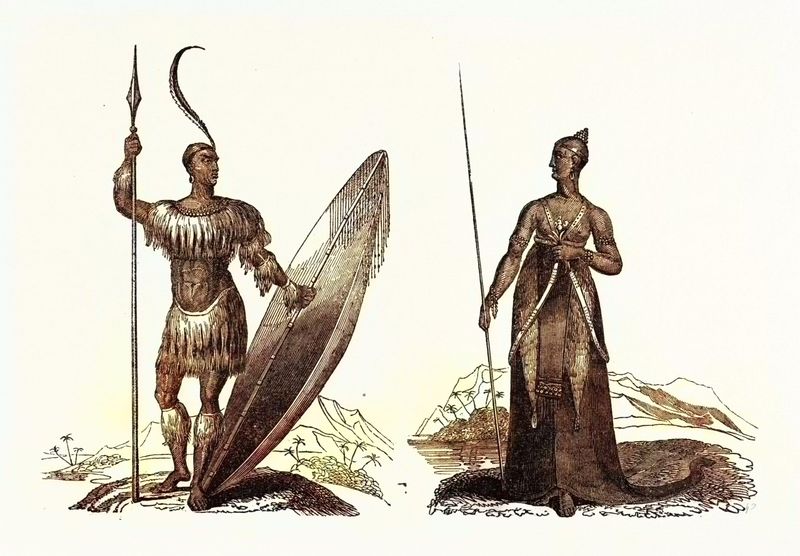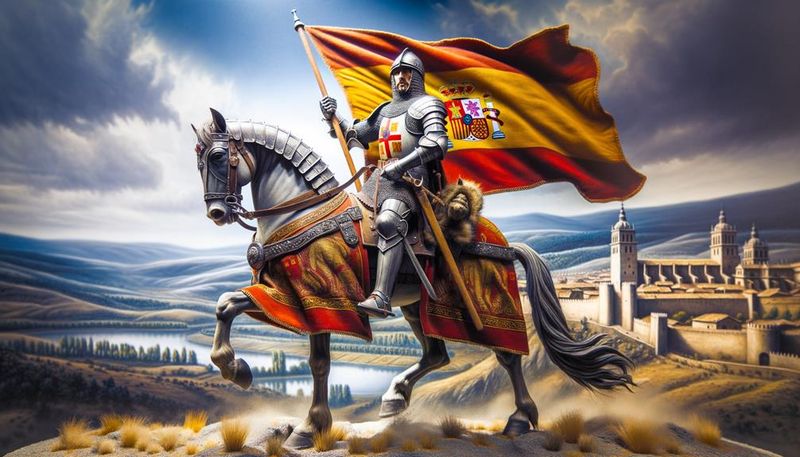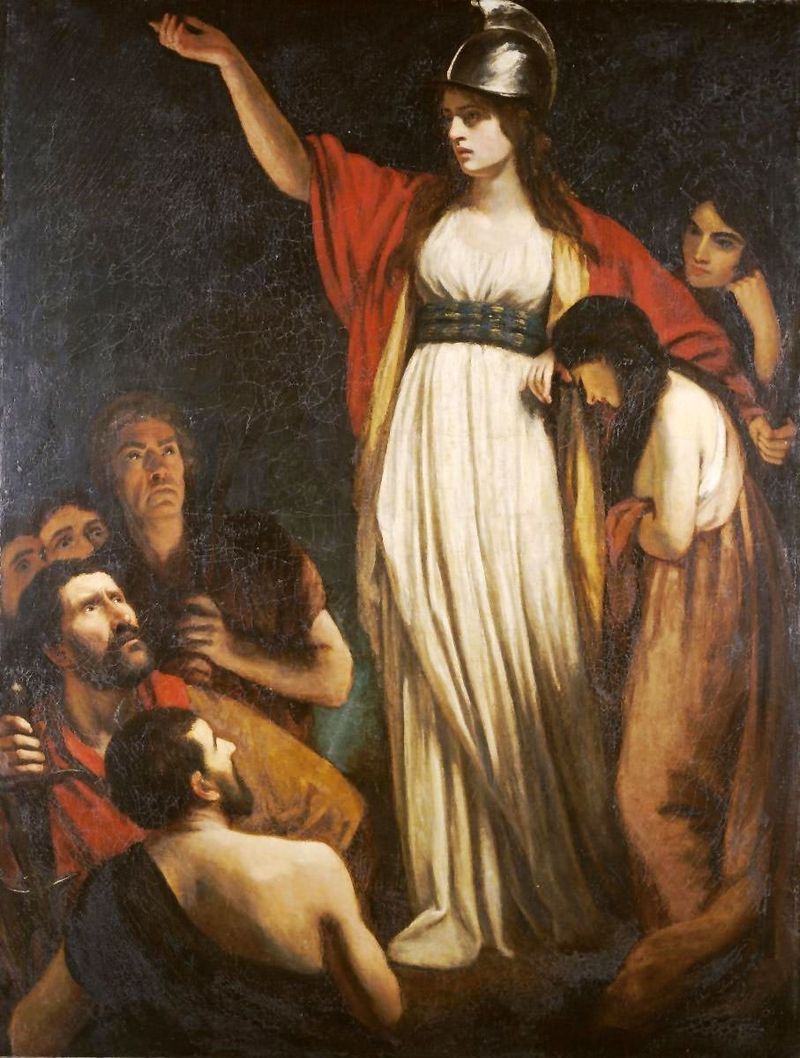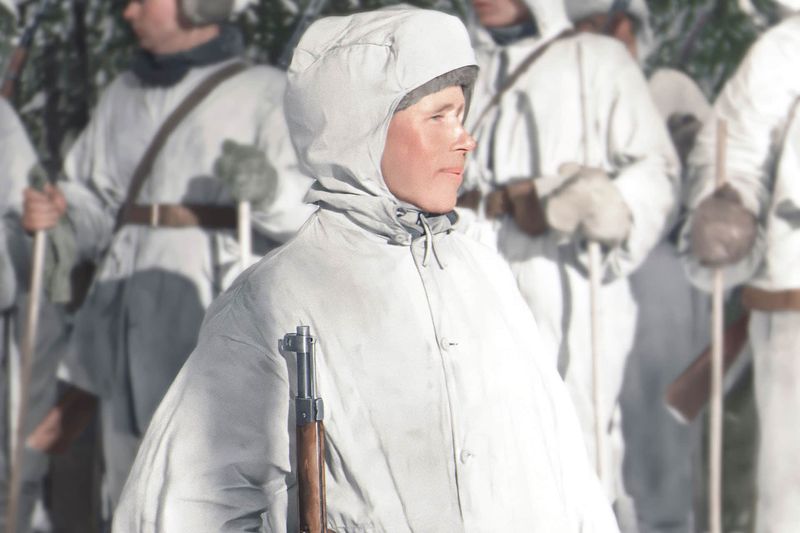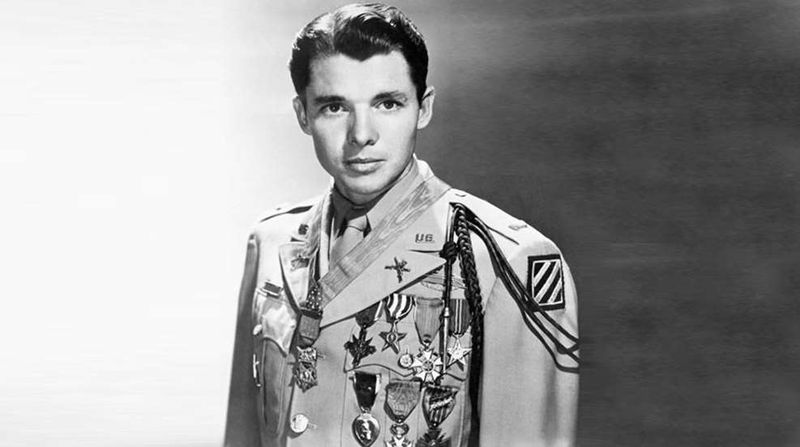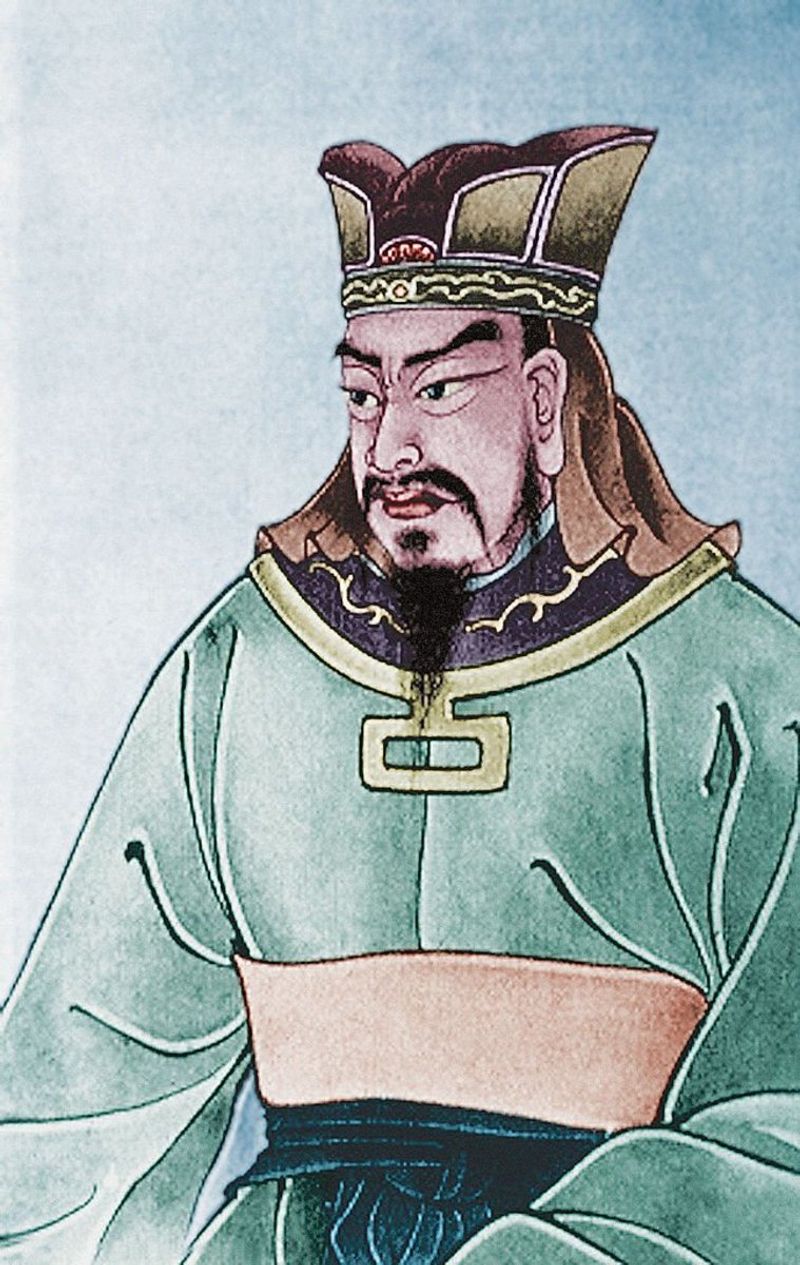Throughout history, many renowned warriors have been celebrated for their bravery and strategic brilliance in battle. However, behind the legends and stories of valor, some of these warriors harbored secret fears of combat. This blog explores 18 such warriors, revealing their hidden anxieties and how they overcame—or succumbed to—their fears.
1. Achilles (Greek Mythology)
Achilles, the legendary Greek hero of the Iliad, is renowned for his almost invincible prowess in battle. However, a prophecy warned him that he would meet his end in the Trojan War, leading him to initially refuse to fight.
Instead, he sulked in his tent, paralyzed by the fear of impending doom. His reluctance persisted until the death of his close friend Patroclus, which spurred him back into action, albeit with a heavy heart.
Achilles’ inner turmoil highlights the conflict between destiny and fear that even the mightiest warriors can face.
2. Miyamoto Musashi (Japan)
Miyamoto Musashi, the undefeated samurai, is often revered for his mastery in dueling. Yet, he openly admitted that fear gripped him before each encounter.
In his famous work, The Book of Five Rings, Musashi speaks candidly about his internal struggles and how he used discipline and strategy to overcome his fears.
This revelation unveils a man who, despite his legendary status, battled with anxiety, highlighting the universal struggle of mastering one’s fears.
3. William Wallace (Scotland)
Known for his role in Scotland’s fight for independence, William Wallace is often depicted as a fearless rebel leader. However, historical accounts suggest otherwise.
Captured after fleeing a battle, Wallace’s courage seems more complex than the heroic image portrayed in popular media.
His capture and subsequent execution underscore the fears that haunted him, challenging the notion of unwavering bravery.
4. Joan of Arc (France)
Joan of Arc, the saintly maiden of France, is celebrated for her divine inspiration and leadership in battle. Yet, she confessed that the voices she heard often filled her with dread.
Despite her fears, Joan reluctantly stepped into her role as a military leader, driven by her faith.
Her story is a testament to the power of belief in overcoming fear, even when faced with the unknown.
5. Napoleon Bonaparte (France)
Napoleon Bonaparte, the ambitious French emperor, is renowned for his military genius. However, beneath his confident exterior lay a man prone to severe anxiety.
He often delayed attacks, fearing failure and the loss of his empire.
This anxiety fueled his relentless pursuit of control, illustrating how fear of failure can drive even the most successful leaders.
6. Alexander the Great (Macedonia)
Alexander the Great, the illustrious conqueror of ancient times, was haunted by nightmares of defeat. His obsession with oracles and prophecies reveals his deep-seated fears of losing.
Despite his grand achievements, Alexander’s internal struggles remind us that even the greatest leaders can be plagued by insecurities.
His reliance on divine guidance underscores the vulnerability that accompanied his quest for glory.
7. Genghis Khan (Mongolia)
Genghis Khan, the relentless Mongolian conqueror, was not always the fearsome leader history remembers. Early in his rise, he fled from battles and sought refuge in swamps.
These moments of fear and self-preservation were stepping stones to his eventual transformation into a ruthless ruler.
Genghis Khan’s journey from fear to ferocity exemplifies the profound impact of experience in shaping a warrior’s destiny.
8. George S. Patton (USA)
George S. Patton, the iconic WWII general, is famed for his boldness. Yet, his private diaries reveal a man deeply afraid of being perceived as a coward.
This fear of inadequacy drove him to push himself and his troops to their limits.
Patton’s internal battle with fear and his relentless pursuit of excellence offer insight into the complexities behind his larger-than-life persona.
9. Spartacus (Thracian Gladiator)
Spartacus, the Thracian gladiator who led a massive slave revolt, was not always eager for battle. Before rising to fame, he attempted multiple escapes from captivity.
These attempts highlight his initial reluctance to fight, driven by a desire for freedom rather than glory.
Spartacus’ journey from escape to rebellion underscores the transformative power of necessity and circumstance.
10. Vlad the Impaler (Wallachia)
Vlad the Impaler, often associated with Dracula, preferred to avoid direct confrontations. His fear of losing led him to adopt ambushes and terror tactics instead.
This strategic preference for psychological warfare reveals a man who masked his insecurities with brutality.
Vlad’s legacy of fearsome reputation demonstrates how fear can manifest in unexpected ways.
11. Hannibal Barca (Carthage)
Hannibal Barca, famed for crossing the Alps, hesitated to attack Rome for years. Despite his early victories, the fear of ultimate failure haunted him.
His strategic patience and caution highlight the tension between ambition and apprehension.
Hannibal’s story emphasizes how even the most daring generals grapple with the specter of defeat.
12. Richard the Lionheart (England)
Richard the Lionheart, the storied crusader king, occasionally paid others to engage in battle on his behalf. His fierce reputation was sometimes tempered by a pragmatic fear of unnecessary risk.
This juxtaposition of boldness and caution reveals the complexities of a ruler known for his valor.
Richard’s calculated approach underscores the balance between courage and prudence in historical leadership.
13. Shaka Zulu (Zulu Kingdom)
Shaka Zulu, the formidable leader, was once bullied and deemed a coward in his youth. These early experiences fueled his transformation into a ruthless warlord.
His rise to power was driven by a desire to overcome his past and prove his strength.
Shaka’s story illustrates how adversity can forge resilience and redefine a warrior’s identity.
14. El Cid (Spain)
El Cid, the legendary Spanish warrior, fought for both Christian and Muslim sides at different times. This dual allegiance stemmed from a pragmatic fear of backing the losing side.
His actions reflect a cautious strategy rooted in survival rather than ideology.
El Cid’s tale of flexible loyalty sheds light on the nuanced motivations behind historical allegiances.
15. Boudicca (Celtic Britain)
Boudicca, the fierce Celtic queen, led a rebellion against Roman rule with fiery zeal. However, after a crushing defeat, she chose to poison herself rather than face capture.
Her fear of Roman torture overshadowed her fear of battle, highlighting the complexity of her courage.
Boudicca’s tragic end underscores the delicate balance between bravery and desperation.
16. Simo Häyhä (Finland)
Simo Häyhä, revered as the deadliest sniper in history, experienced intense nerves before battles. His pre-fight anxiety often manifested in physical ways, yet did not hinder his effectiveness.
Nicknamed ‘White Death,’ Häyhä’s blend of fear and focus made him a formidable figure.
His story exemplifies how anxiety can coexist with unparalleled skill and precision.
17. Audie Murphy (USA)
Audie Murphy, one of WWII’s most decorated soldiers, struggled with terror before battles. His emotional vulnerability contrasted sharply with his battlefield heroics.
Despite his fear, Murphy fought with unmatched ferocity, driven by a desire to protect his comrades.
Audie’s legacy highlights the courage that lies in confronting personal fears head-on.
18. Sun Tzu (China)
Sun Tzu, author of The Art of War, famously advocated for winning without direct confrontation. His preference for strategic dominance speaks to a deep understanding of battle’s inherent horrors.
This wisdom reveals a tactician who valued intellect over brute force.
Sun Tzu’s enduring teachings remind us that true mastery lies in knowing when to fight and when to evade.
